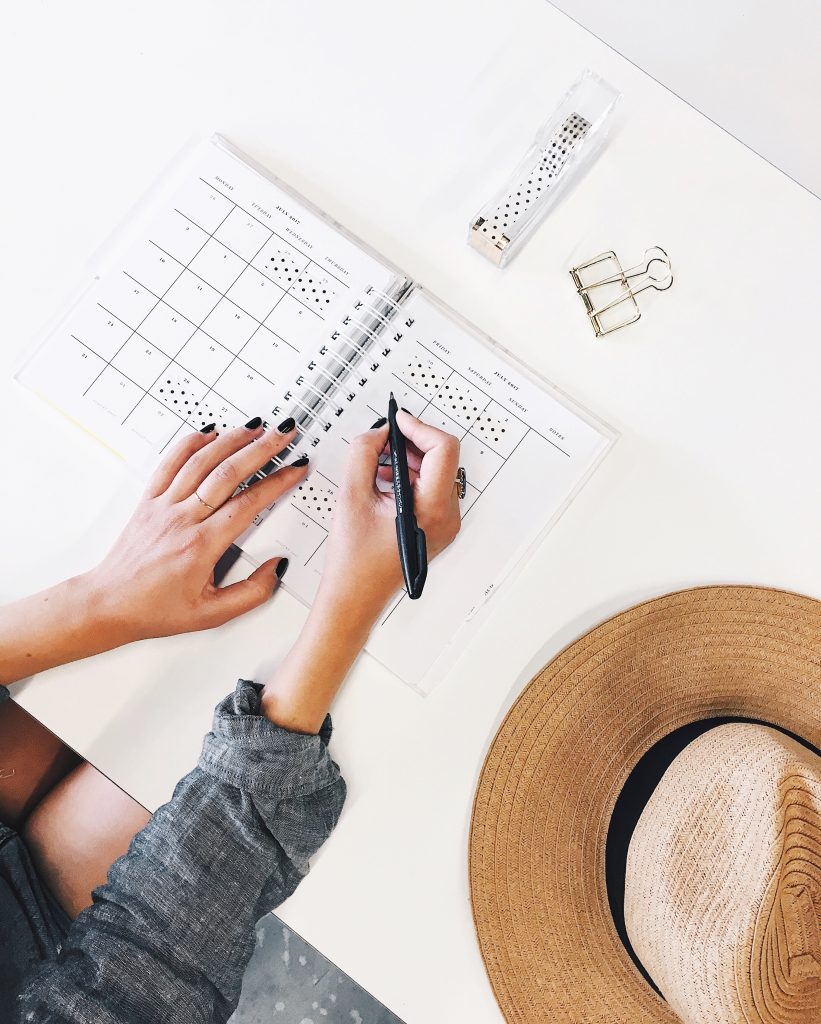
The question of whether you should take a gap year is one that graduating high- schoolers have been asking themselves for years.
After surviving years of assignments and stressful exams, a gap year might seem like a welcome break.
But, perhaps you’ve got your doubts. Maybe your parents are saying that a gap year will put you at a disadvantage to other students, or you’re afraid you’ll lose focus.

So, we’ve collated a list of all the potential benefits and perceived risks, to help you decide:
Benefit: A gap year can help you discover a new passion.
Using your gap year to learn more about the world and yourself, can provide you with the time and space to try new things. One of these things may lead to a life you never even dreamed of. For example, you might go to Australia to study English, and discover a passion for agriculture and farming. Next year, you’re enrolled in a Bachelor of Agricultural Studies, and on your way to a lifelong career.
If you already have a clear idea of what you want to do, a gap year can also give you time to get real work experience or do some volunteer work in your industry to see how it feels. Plus, using this time to work in your industry will add valuable experience to your CV, and help you to begin networking. This, in turn, may give you an advantage when you begin looking for work in the future, as a graduate.
Risk: A gap year can be expensive if you don’t plan and budget carefully.
It’s possible you may just spend the year in a foreign country having a fun time and spending all your money, so you need to plan it properly.
It can be valuable to structure in some opportunities for growth and development and make sure you spend your year wisely. You could consider studying a language abroad or doing some volunteer work.
As a young high school graduate with no qualifications or experience, you’re not likely to be earning a high wage during your gap year. You will generally only be qualified for entry-level or minimum wage jobs. You may find that even if you’re working full time, you are unable to save as much as you would have liked.
Suggestion: Sit down with a parent or mentor and figure out a financial plan for your year ahead. Ask yourself:
- Will you need assistance to pay for accommodation?
- What is a reasonable weekly budget?
- If you want to save for your degree, how much do you need to put away each week during your gap year?
The answers to these questions will help inform you about whether a gap year is feasible, given your personal and financial circumstances.
The answers to these questions will help inform you about whether a gap year is feasible, given your personal and financial circumstances.

Benefit: A gap year may stop you from experiencing burnout at university.
Going straight from school to university can sometimes result in stress or burnout, and you might find yourself not be able to cope with the pressure of university-level study. By having a gap year, you might in fact be saving yourself from greater setbacks later on.
Half of all university students in Australia directly entered their degree from high school. Currently, one in three students drops out within six years of starting study. The emotional burnout from ongoing study stress, and the difficulties students face juggling work and study, does contribute to dropout rates. Suggestion: a pathway course can be a great way to manage the transition to university study.
Risk: You might lose your study momentum and fall a year behind other students.
It takes practice, structure and continuity to develop good study habits. When you take a gap year, you can lose the study habits you worked hard to develop during school. You can develop these again of course, but it will take work to get back into the study rhythm after having taken a break.
Tip: During your gap year, keep up with reading, enrol in a short course, get some training or work experience, or engage in self-directed learning, to keep your study skills honed and your mind active.

Benefit: You can develop soft skills that will make you a better university student.
Depending on how you use your gap year, taking some time to volunteer or travel does not mean education goes on hold. In fact, you could be learning some valuable lessons, having experiences of a lifetime, and pursuing personal growth that would be impossible in the classroom.
Travel, for example, is proven to result in the development of emotional intelligence, cultural awareness, self-reliance and personal resilience, all of which are essential to success at university and beyond.
Want to use your gap year to learn English in Australia?
See here for information on university preparation and English language courses at the University of Adelaide College, your pathway to the University of Adelaide.

